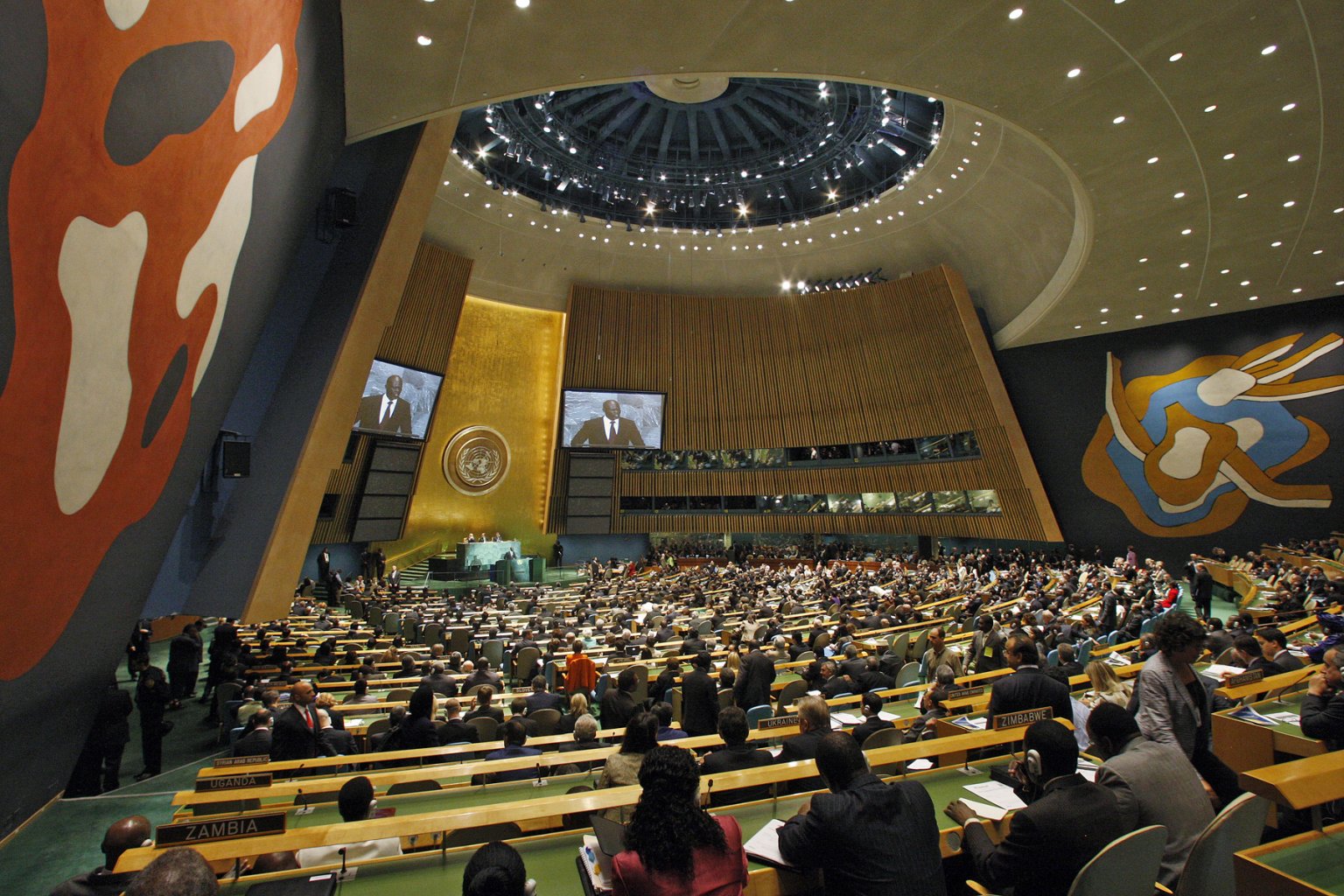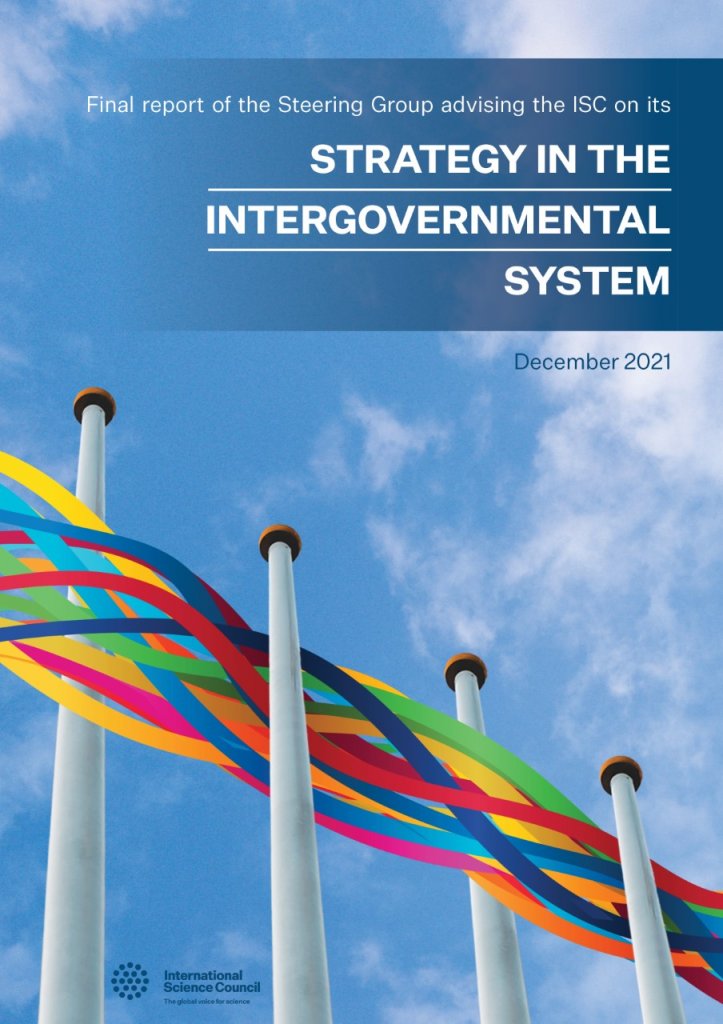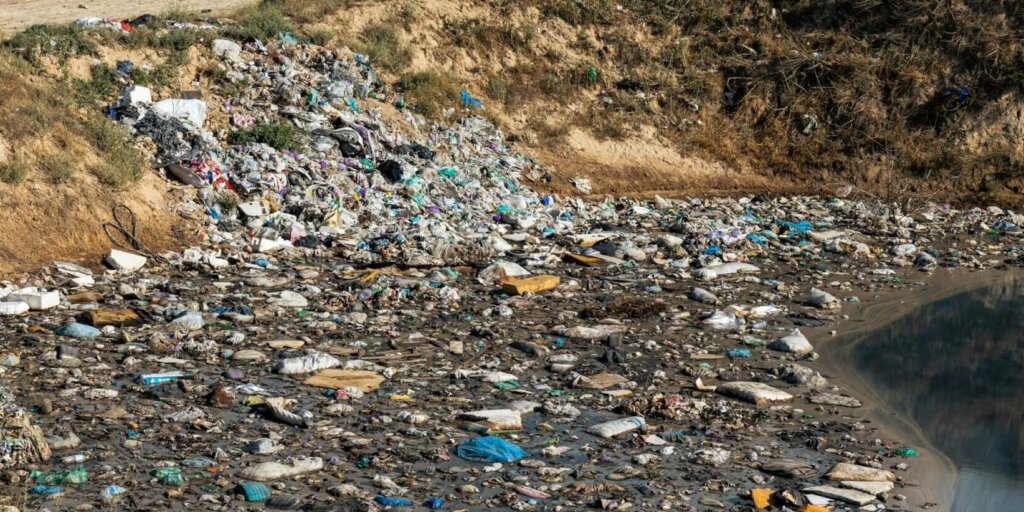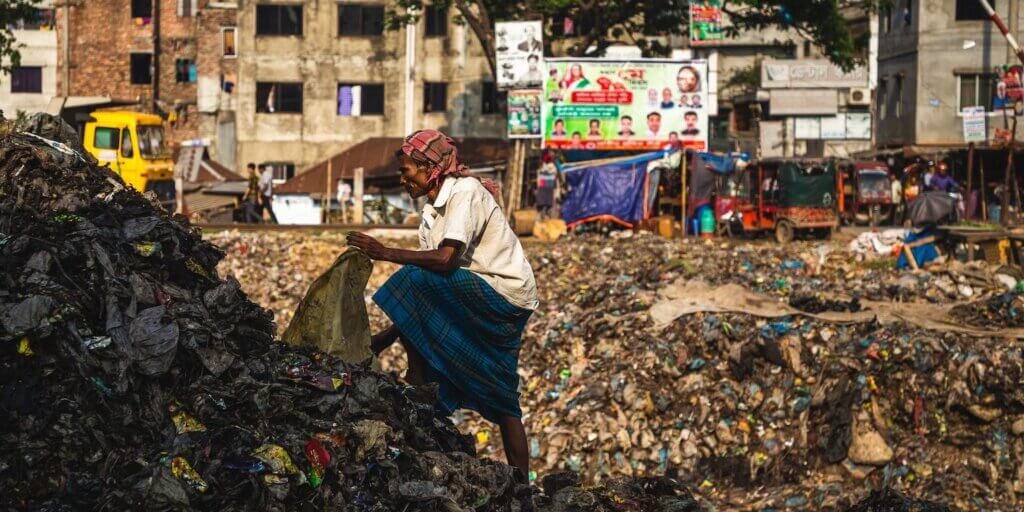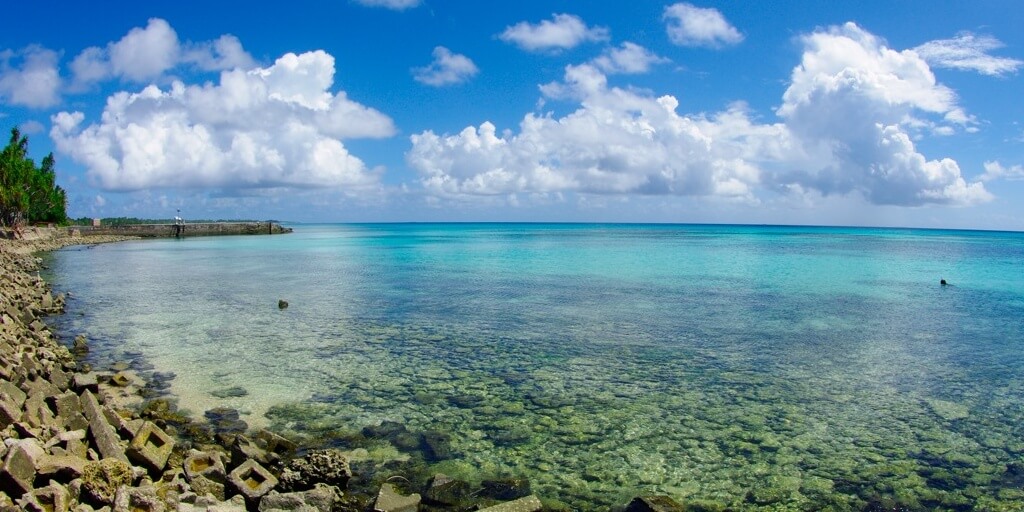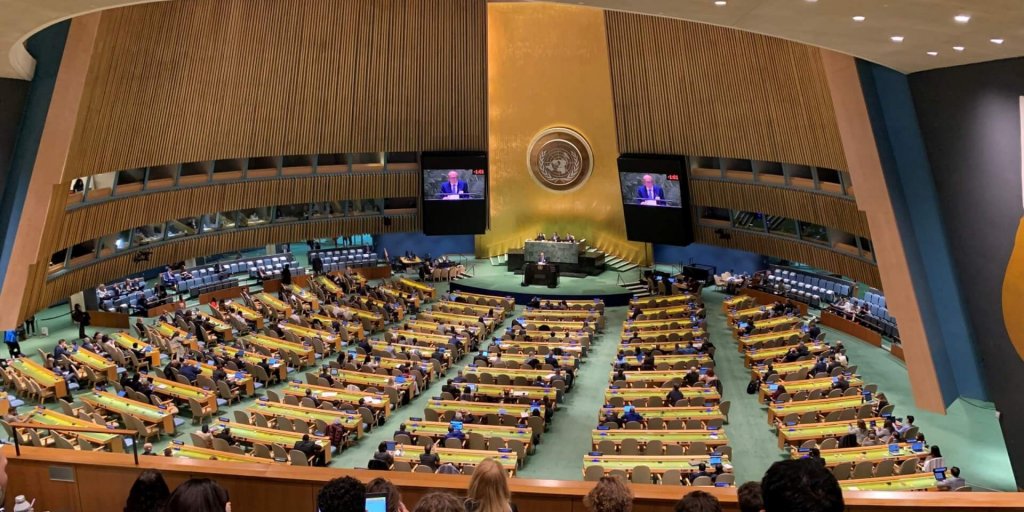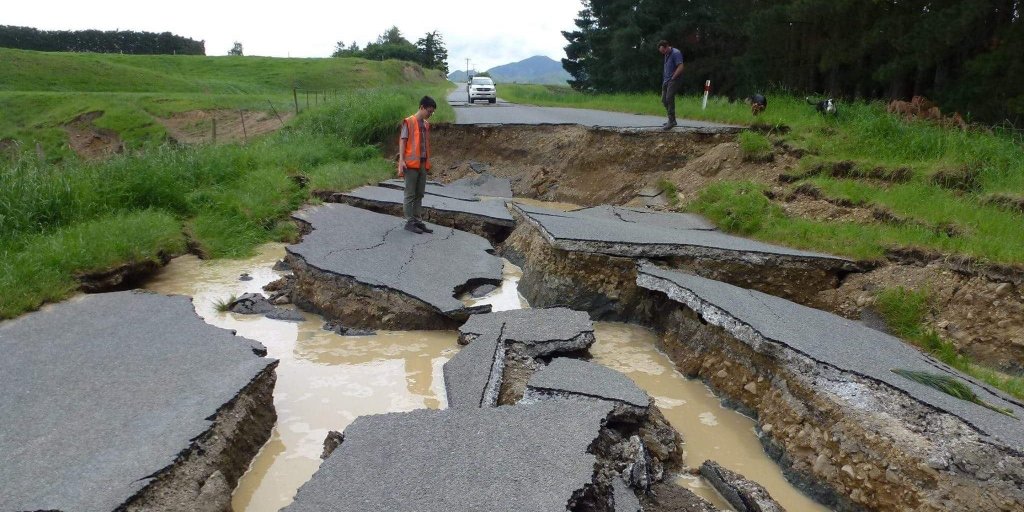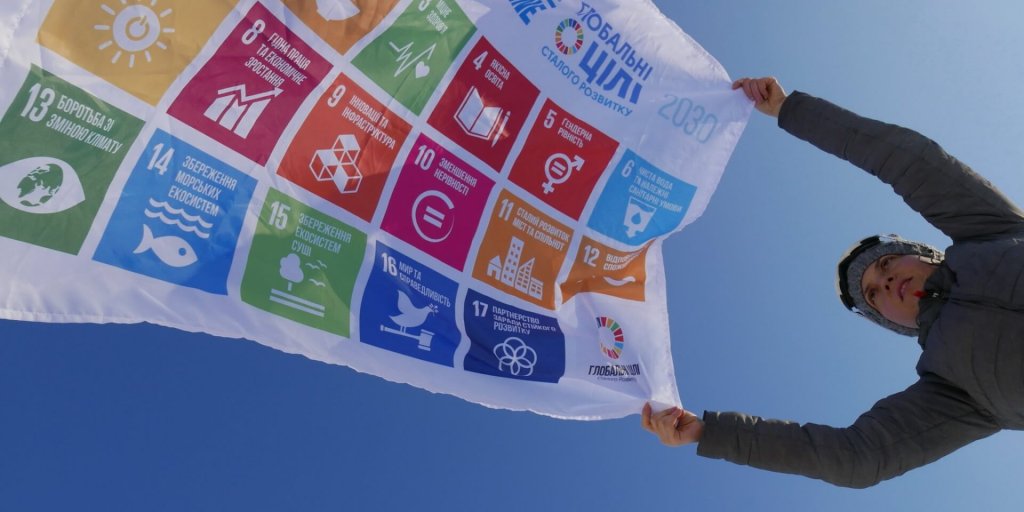The nature of our work
Drawing on its diverse networks of Members, Affiliated Bodies and partners, the Council’s work on science for policy focuses on three areas:
- providing scientific advice, coordinating and facilitating the participation of scientists in policy processes and international conferences
- providing advice on how policy processes should be created or modified to best receive and utilise available scientific knowledge
- creating scientific research programmes that will improve collaboration between scientists, policy-makers and other stakeholders in the generation of scientific knowledge
Much of the ISC’s work on science for policy takes place at the international level, working with the United Nations (UN), predominantly through the ‘Major Groups’ model of participation, in which the ISC works as organizing partner for the Scientific and Technological Community Major Group.
Beyond the Major Group, the Council’s ambition is to become the go-to organization for scientific expertise and advice at the global level. The ISC strategy in the intergovernmental system report examines this objective and makes recommendations to the ISC on its strategy.
New York Liaison Office
The ISC has a liaison office for the United Nations in New York, and regularly engages in UN policy processes working with New York-based multilateral institutions and countries’ representations to advance the ISC’s work at the global science-policy interface.
Latest updates
Establishment of the ISC expert group on plastic pollution
The International Science Council is pleased to announce the formation of its expert group on plastic pollution. This marks an important step towards ensuring that science plays a pivotal role in advancing the ongoing development of an internationally binding instrument to address plastic pollution.
New Policy Brief: A call for a formal scientific voice in the global fight against plastic pollution
The ISC has developed a new policy brief to guide the current negotiations on an international legally binding instrument to combat plastic pollution. The brief aims to advance a science-based approach ensuring the instrument is based on the latest and best scientific evidence available.
New Policy Brief: Global Sea-Level Rise
This policy brief sheds light on key considerations for policy-makers on a wide range of issues related to sea-level rise, highlighting the value of engaging actionable, interdisciplinary scientific knowledge in responding to current and future challenges.
The International Science Council and the Food and Agricultural Organization join forces
The FAO and the ISC have joined forces, aiming to accelerate progress on Sustainable Development Goals. Through a new partnership, both organizations will focus on integrating science into policy-making and advocating for innovation in agrifood systems.
New Report: The Contextualization Deficit: Reframing Trust in Science for Multilateral Policy
Concerns about the combined impact of declining levels of trust in science and increasing misinformation about science have become among the most discussed topics in science and policy circles. This working paper from the Centre for Science Futures, addresses this crucial problem by reviewing what research and practice in a range of fields from journalism to regulation have learned about trust in science in recent years, and the implications of that body of knowledge for policy-makers.
The International Science Council at the 2023 SDG Summit
Discover our our activities at the SDG Action Weekend and the 2023 SDG Summit which aim to mark the beginning of a new phase of accelerated progress towards the Sustainable Development Goals with high-level political guidance on transformative and accelerated actions leading up to 2030.
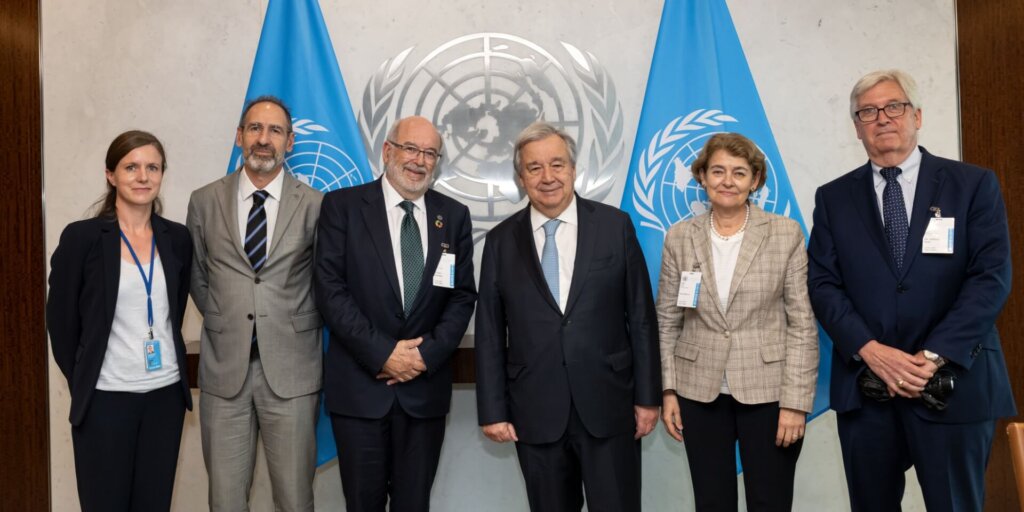
The ISC addresses the UN High Level Political Forum and meets with the UN Secretary General
An ISC delegation met with Antonio Guterres, United Nations Secretary General, on 18 July during the High-Level Political Forum. The delegation discussed the Group of Friends on Science for Action at the UN, the Secretary General’s science advisory mechanism and topics such as the ISC’s response to the COVID pandemic and the need for robust science advisory mechanisms at the Member State level.
UN Group of Friends to champion Science for Action
A coalition of countries supporting science and actionable knowledge is being set up to provide an important and complementary impetus to ongoing efforts to build a stronger role of science in decision-making at the global level led by Belgium, India and South Africa.
Our work with UNEP on Strategic Foresight
The International Science Council (ISC) and the United Nations Environment Programme (UNEP) have partnered to advance science-based strategic foresight to develop futures thinking, be better prepared to engage with challenges proactively, and to inform and guide decisions for the benefit of the global environment.
Key partnerships
To achieve its goals, the ISC is actively cooperating with partners from the United Nations system, having Memoranda of Understanding with the United Nations Environment Programme (UNEP), the World Health Organization (WHO), the United Nations Office for Disaster Risk Reduction (UNDRR), the Food and Agriculture Organization (FAO), the United Nations Development Programme (UNDP), the United Nations University (UNU), UNESCO’s Intergovernmental Oceanographic Commission (IOC), and the United Nations Human Settlement Programme (UN Habitat).
In addition, the Council has active collaboration with the United Nations Department of Economic and Social Affairs (UN DESA), the United Nations Educational, Scientific and Cultural Organization (UNESCO), the Intergovernmental Panel on Climate Change (IPCC), the Intergovernmental Science-Policy Platform on Biodiversity and Ecosystem Services (IPBES), the World Meteorological Organization (WMO), the World Intellectual Property Organization (WIPO), the Food and Agriculture Organization (FAO), the International Telecommunication Union (ITU), and the United Nations Economic Commission for Europe (UNECE).
Through these agreements, the ISC works to strengthen the use of scientific evidence in policy and public action on the most pressing issues facing societies today.
Our work by theme
Meet the ISC Global Science Policy Unit
Mobilizing scientific and policy expertise in the UN and intergovernmental processes
